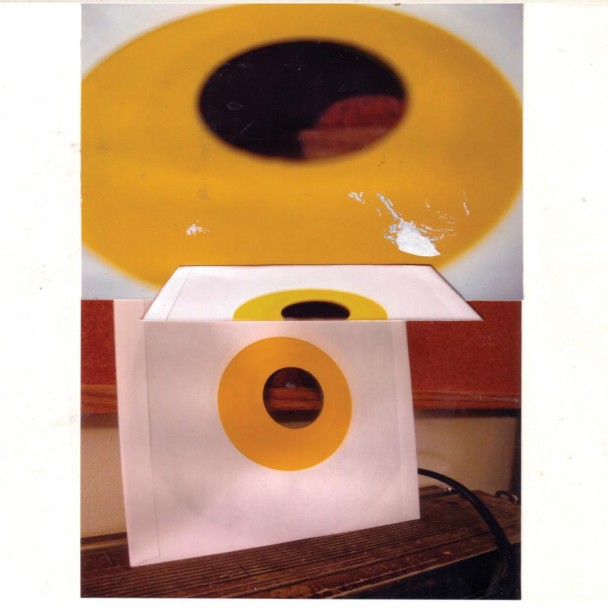The word “classic” gets tossed around quite a bit these days. In fact, the other day I saw my friend Gavin walking down the street. He was drinking a Classic Coca-Cola, while listening to classic rock on his iPod classic. That’s just classic Gavin.
When a word gets used so often in so many ways, we run the risk of taking its meaning for granted, so let’s consider the meaning of the word “classic.” As a noun, it’s a work of great importance, it’s something that stands the test of time, it’s the standard by which others are measured. As an adjective, it’s the original, the one you know, the one you remember, the standard by which others are measured. That being said, it’s no surprise that when Robert Pollard announced that the “classic” Guided by Voices lineup would release a new album, there was much hype to go around. After all, the “classic” lineup of Pollard, Tobin Sprout, Mitch Mitchell, Kevin Fennell, and Greg Demos has come to be associated with such classics as 1994’s Bee Thousand and 1995’s Alien Lanes. Could Let’s Go Eat the Factory rank among them? It certainly seemed a possibility after the release of single “The Unsinkable Fats Domino,” a brief but endlessly catchy garage rock jam which sounded like it could have been a Bee Thousand outtake. Soon, the album was streaming in full, and we could finally hear whether or not our expectations were met.
The members of GBV’s classic lineup were seasoned veterans of music back in the 90s, and in the 2010s they are even more seasoned veterans. Pollard in particular led GBV for eight more years after the classic lineup dissolved. It seems that they are not only well-versed in playing rock music, but well-versed in playing classic GBV’s version of rock music. For that reason, Let’s Go Eat the Factory has all the sound of the “classic” GBV records, but is lacking in stand-out tracks. This is not to say that the album doesn’t have its moments; the aforementioned “The Unsinkable Fats Domino” and closer “We Won’t Apologize for the Human Race” stand out as the best tracks on the album. However, this is two out of 21 tracks on this album, and the other 19 are pleasant and (mostly) listenable, but ultimately forgettable and sometimes sloppy, the worst offender being uncoordinated throwaway “The Big Hat and Toy Show.”
As a whole, the album’s sound suggests that of a band on auto-pilot, one that’s not so much invested in recording new material as it is in simply going through the motions of recording new material. The songs themselves suggest ideas that were “good enough” but could have been developed further; “Doughnut for a Snowman,” for example, is about nothing more than what is mentioned in its title. Meanwhile, “Chocolate Boy” is a sprightly R.E.M. homage that aims for bittersweet but hits semi-sweet.
Let’s Go Eat the Factory is not a classic by any stretch of the imagination, but for all its flaws, the fact that the “classic” lineup after all this time can produce something as good as “The Unsinkable Fats Domino” indicates that the band hasn’t entirely lost their spirit. Perhaps this record caught the “classic” lineup in a state not of stagnation, but rejuvenation, and we just aren’t yet experiencing the full potential of Pollard, Mitchell, Fennell, Demos, and Sprout. (Side note: These guys should start a law firm.) Only the next GBV album will tell.

